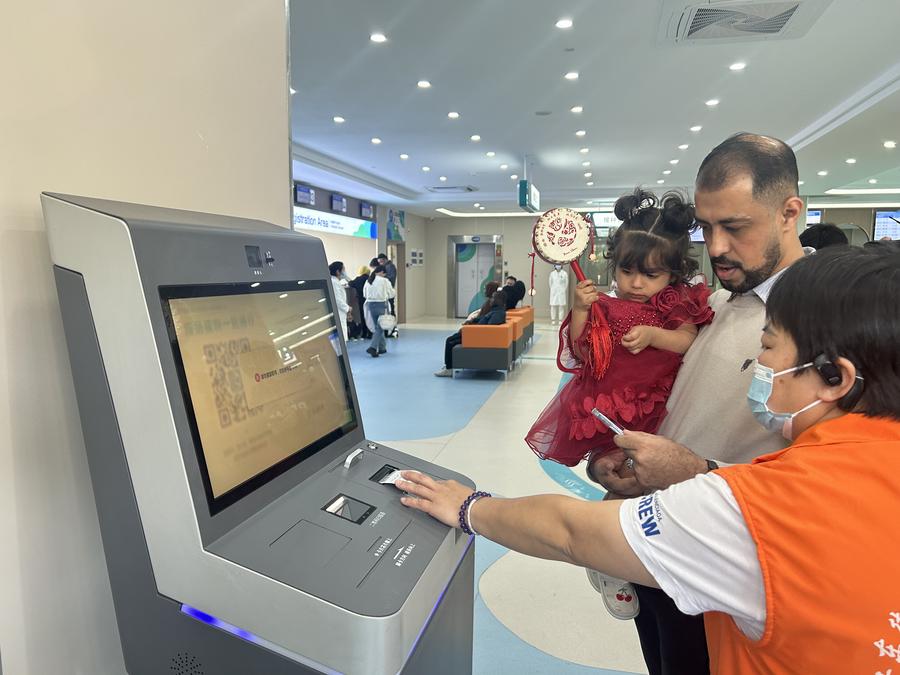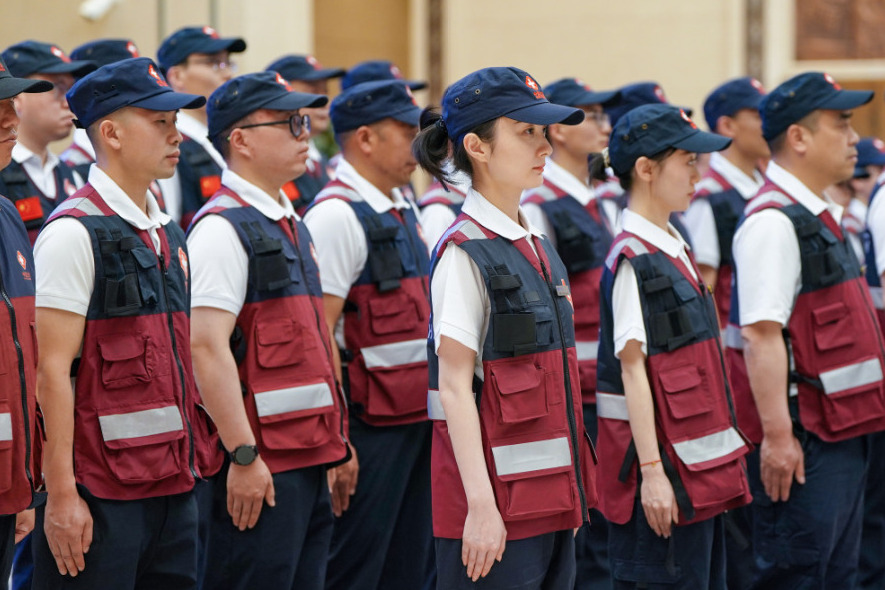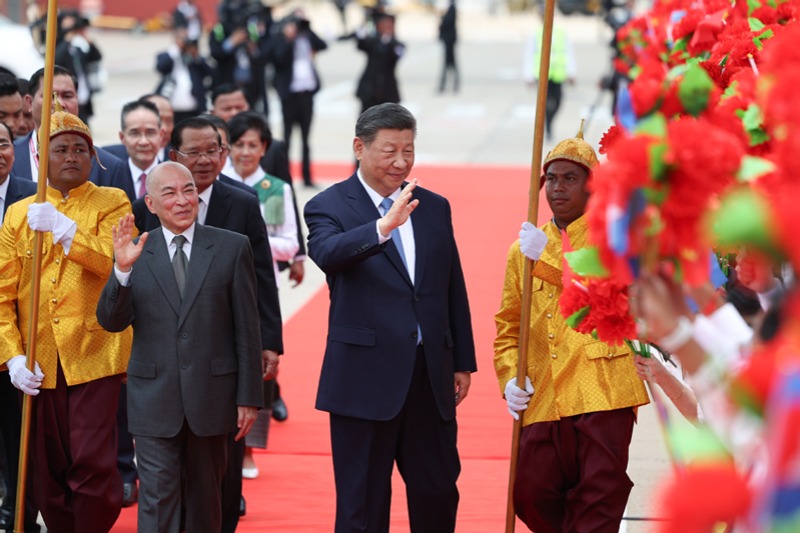China boosts public health with vaccine and immunization progress


WUHAN -- China has made significant progress in vaccine development and immunization, marked by a growing portfolio of domestically produced vaccines and remarkable public health results.
These achievements were highlighted at the 2025 National Vaccines and Health Conference, held over the weekend in Wuhan, capital of Hubei Province in central China, and attended by nearly 3,000 public health officials and medical professionals.
Over the past years, China has achieved notable breakthroughs in vaccine technology. Milestones include the successful development of homegrown HPV and Ebola vaccines, as well as advances in pneumococcal conjugate vaccines against 13 types of bacteria and shingles vaccines.
Several Chinese vaccines have received prequalification from the World Health Organization, enabling their distribution in partner countries of the Belt and Road Initiative.
These advancements underscore a broader shift in China's vaccine industry -- from focusing primarily on domestic needs to increasingly contributing to the global vaccine supply chain, according to Wang Yunfu, head of the Health Commission of Hubei Province.
The global biotechnology landscape has also helped accelerate this transformation, as the participants pointed out. In recent years, breakthroughs in technologies such as mRNA platforms, viral vectors, and nanoparticle delivery systems have opened up unprecedented opportunities for vaccine research and development, significantly improving both efficiency and immune response.
Alongside scientific innovation, China has placed strong emphasis on safety and regulatory oversight. In 2019, it became the first country to implement a comprehensive vaccine administration law, followed by updated immunization standards introduced in 2023.
A nationwide traceability system has been set up, ensuring that every dose can be tracked from production to administration, enhancing transparency and public trust.
China's national immunization programs have yielded strong public health results.
The country achieved polio-free status in 2000, eliminated neonatal tetanus by 2012, and has reported no locally transmitted diphtheria cases since 2007. The prevalence of hepatitis B surface antigen among children under five declined from nearly 10 percent in 1992 to just 0.3 percent in 2020.
Routine vaccination coverage has remained above 90 percent nationwide, supported by an extensive healthcare infrastructure that ensures every township has at least one vaccination unit.
Efforts to expand access and improve service delivery remain a central priority. "Public health should be protected through more accessible and higher-quality vaccine services," said Li Bin, president of the Chinese Preventive Medicine Association, adding that this goal was reflected in the conference's theme.
For example, in Hubei, girls aged 14 are now eligible for free HPV vaccination, and immunization for newborns is being integrated into the birth registration process to ensure early and timely coverage.
Looking ahead, China is preparing to refine its immunization strategy and services further.
Health authorities are considering dynamic adjustments to the national immunization program to prioritize vaccines with high cost-effectiveness or those associated with costly diseases. In some regions, pilots may allow the use of personal health insurance accounts to cover non-mandatory vaccines, reducing out-of-pocket expenses for the public.
Digital tools will also play an increasing role in modernizing immunization services. Electronic vaccination records are being shared across provinces, while artificial intelligence (AI) is assisting with appointment scheduling. Big data platforms are improving vaccine inventory management and logistics.
Yin Zundong, head of the Immunization Program Center at the Chinese Center for Disease Control and Prevention, emphasized the role of advanced data technologies.
"With the help of big data and AI, disease surveillance and early warning systems can become more accurate and efficient," Yin said. "In the future, data-driven tools will enable precise assessments of vaccine protection efficacy."





































